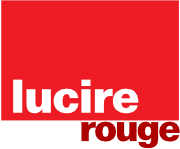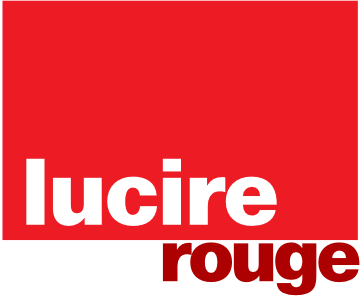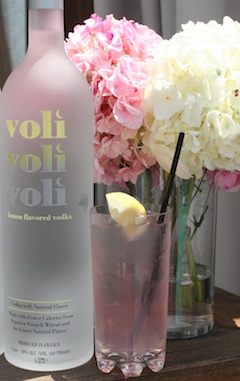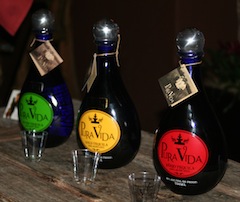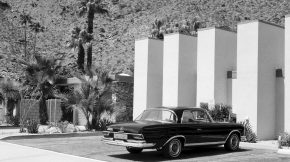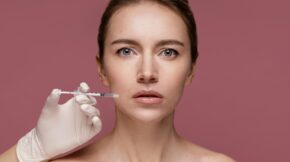Akilah Releford-Gould: making her own luck
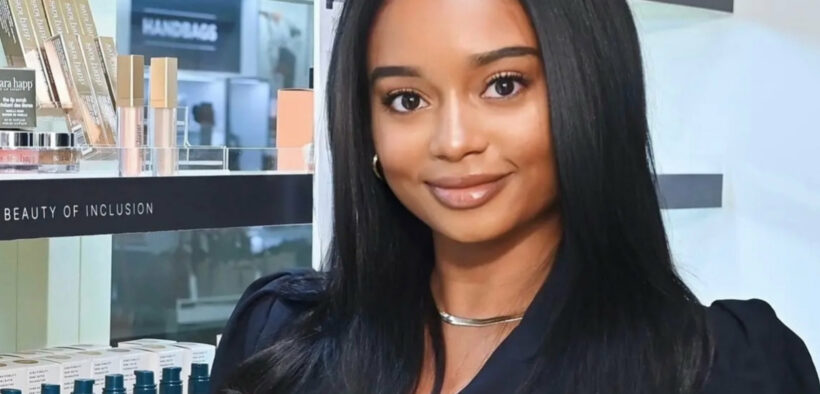
Even if the official launch party of Lucky Girl Rosé was everything one would imagine a trendy southern California launch party to be, with spicy DJ music, delicious cookout fare, and free bottles of Sun Bum sunscreen pouring as freely as the wine, the hostess appeared to be most proud of her winery’s adherence to earth-friendly practices. While Casa Locé Vineyards, in California’s Ojai Valley, takes some effort to get to, the recently launched and beautifully packaged wine is designed to be readily accessible in terms of its flavour and price. It’s fitting that the wine’s launch was staged at the family-owned, sustainably managed farm–event site, as creator Akilah Releford-Gould thrives on the idea of juxtaposition.
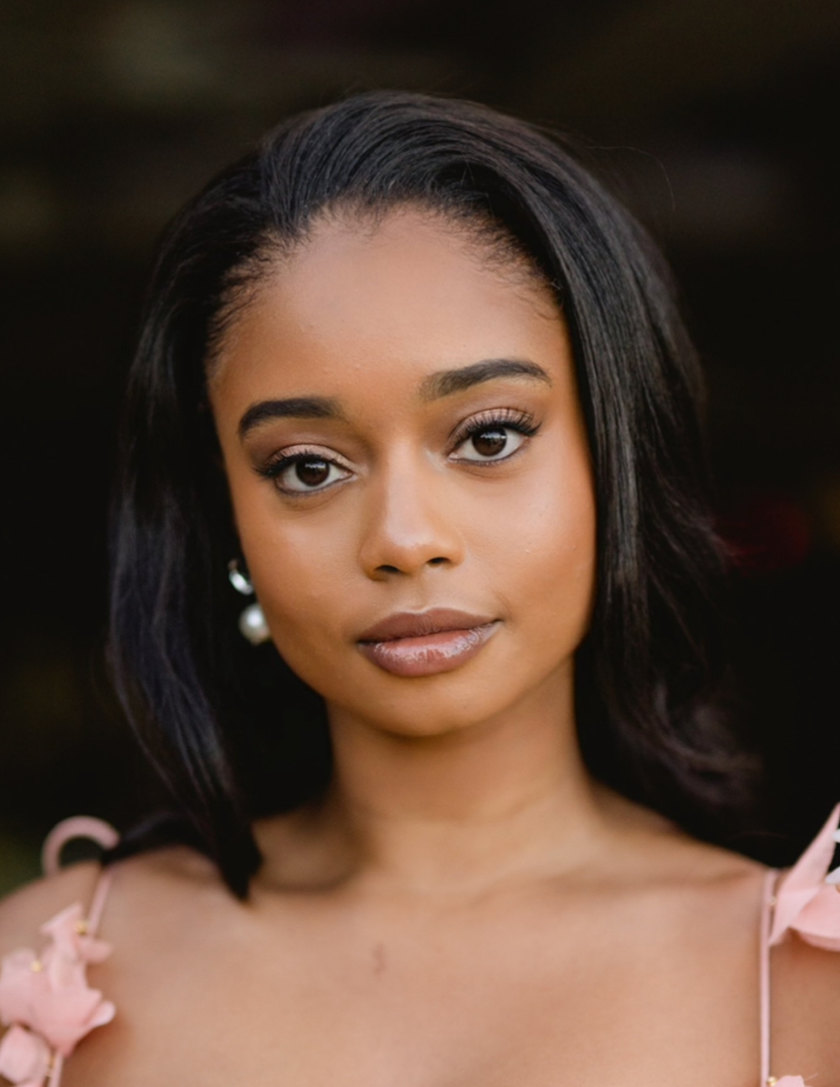
The Los Angeles native is no stranger to the serial entrepreneur lifestyle. In 2017, while still a student at Howard University, she founded Mary Louise Cosmetics. Observant of her friends’ and classmates’ diverse skin care needs, she felt there was space in a crowded market-place for a line that allowed each woman to pick and choose the products that fit her routine, lifestyle, and wellness concerns.
Another common denominator tying Releford-Gould’s companies together is the spirit of family, as the cosmetics line’s name is a tribute to her grandmothers, the winery is on her family’s property, and her husband—entertainment executive Andrew Gould—is also a sounding board and a source of support through the highs and lows she may encounter.
We caught up with Releford-Gould a few weeks after her mid-summer launch party, where influencers, media, and taste-makers from Los Angeles travelled by bus caravan into the heart of Ojai’s remote valleys to get a taste of the good life as she lives it.
Lucire Rouge: Does the name Lucky Girl describe the way you approach your personal and professional life, and those who purchase it? How?
Akilah Releford-Gould: I’m really big on positive thinking and being mindful of my thoughts throughout my personal life and my professional life. Lucky Girl embodies my being optimistic and our customers having an optimistic outlook. The Lucky Girl Rosé girl is mindful of the things she consumes, including food, beverage, TV, and even the type of media she digests. It fits in with an overall lifestyle of being positive and remembering to always be grateful and rooted in positive thinking.
Did you always know you were going to be a serial entrepreneur?
The line started from my love of DIY skin care, and my admiration for my grandmothers. Mary is my maternal grandmother, and Louise is my paternal. There are also a lot of aunts, and with it, a lot of beauty secrets being passed down and shared. This is what inspired my love for the beauty industry and interest in starting the brand. While at Howard University, when I was a pre-med biology major, it was at a time when there was a big boom of everyone watching beauty tutorials on YouTube. I loved watching skin care ones, and I would take that hobby to my dorm room and make skin care products for myself to treat eczema. Then, word got to some of the other girls on my floor. I eventually put the products online after I went home one winter break and did some testing on my first products.
Were there family members, professors, or prominent business figures who inspired you to go the entrepreneurial route?
Definitely my dad … I get a lot of my work ethic and work habits from him. He’s an amazing entrepreneur and helped me with my skin care brand by suggesting ways to develop and formulate various products. A lot of people don’t know that he developed our hero skew, Miracle Serum. I shared that some of the girls at school wanted something to target acne scarring, hyperpigmentation, dark spots, and he came back with the miracle serum. It remains one of our best sellers today. I’m not as extreme as he is, as he is always up before 5 a.m., but I appreciate his drive and remain inspired by his approach to business and how he runs his companies.
What research did you do to differentiate your line from other cosmetics producers? And how did you research potential investors, chemists, producers, etc.?
We knew that moving forward, we had to really differentiate our brand from other skin care branches because it’s such a crowded space. And this was before clean beauty became so mainstream. My original goal was to create beauty products that would inspire users to try out effective beauty rituals from the past, such as blending essential oils to nurture different parts of the body and seal in moisture. The idea of bringing a new outlook to time-tested beauty habits helped us differentiate our line. For example, I tapped into that familiar jar of Pond’s we all remember seeing on our mom’s or aunt’s vanity, which triggered our curiosity about beauty products. I wanted to take the idea of time-tested products like Pond’s to inspire a better, cleaner night mask.
What is your trial-and-error process when introducing people to your new products?
When I started my skin care brand, the girls on my floor at Howard were my first focus group. It was successful, as I was able to receive some honest feedback about what they liked and what they didn’t like. I have used the same process with Lucky Girl Rosé, during the pre-launch. I served it during gatherings with friends and family and got some honest feedback.
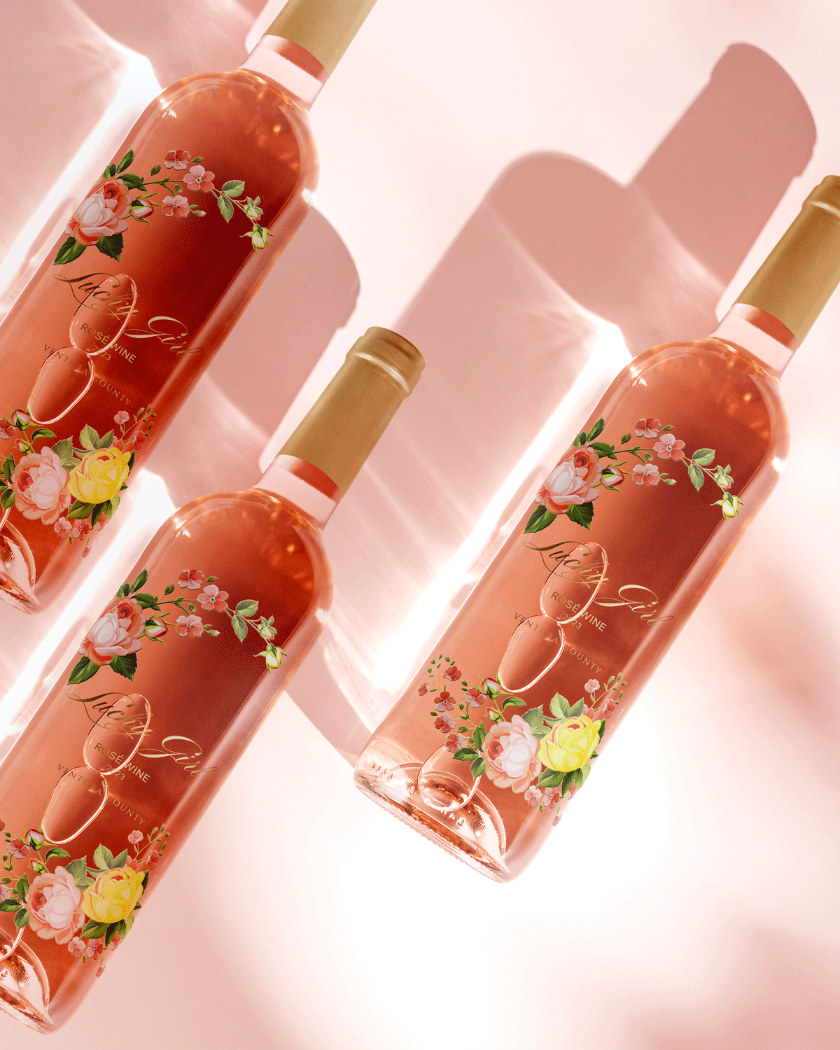
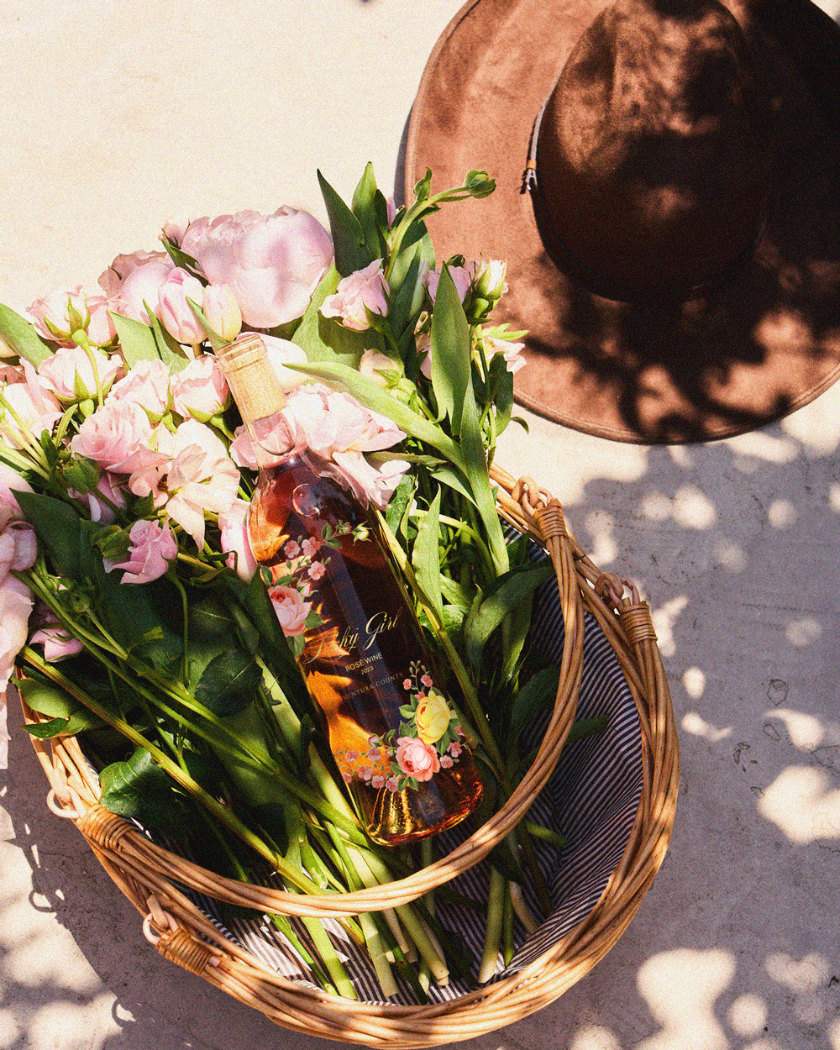
What inspired you to focus on rosé production?
When my parents acquired the winery almost two years ago, we were lucky enough to be working with Dom O’Reilly, who was already the winemaker at Casa Locé and the chef. As a fan of rosé and the wines of Bordeaux, France, I knew I wanted to come out with a beverage just for my friends. My intention was not to start a rosé wine company but to create something for people who enjoy hosting parties and sharing with friends and family.
I also let Dom know I wanted my rosé to be zero carbs and zero sugar. After a bit of testing and blending, we were able to come up with a final product that reflected what I felt was missing in the rosé space that contained the flavours and aromantic notes I love, including candied cherry, strawberry, rhubarb, and wildflowers.
How long did it take you to research the fine points of viticulture before establishing the winery?
It has been a learn-on-the-go process for me, and I had to learn a ton of information in a couple of years. The process involved tasting wines already produced at Casa Locé, so I could tell Dom kind of where I wanted to fill the gaps in the market-place. I also wanted it to stand separately from wines available in the existing membership programme. Now that the product is officially launched, I think we did a good job of creating an accessible product as far as price point, but with luxury packaging and luxury taste.
How is Lucky Girl Rosé dovetailing into other projects?
As an event venue, Casa Locé has been an amazing component in our bringing in that in-person element (to launch events, business luncheons, and other gatherings) that I think a lot of us missed in the wake of COVID. People are looking for a special place to get together, sit down, and serve good food and good wine. As it is over 18 acres, it’s an amazing place for full activations with influencers, connecting potential buyers for the skin care brand, and even things like wellness retreats.
What other business sectors do you want to get into and why?
My family also owns a ranch in Acton, Calif., called Bloom Ranch, and we want to bring at least one ingredient from there into our skin care products. We just launched an olive oil face cream that includes olives from the olive trees at Bloom Ranch. It ties in with the ideas of the farm-to-table narrative, passing down family traditions, and the premise of creating new products inspired by older beauty rituals passed down from family members to the world.
The more I think of it, “lifestyle” ties everything I am doing and hope to do together. You can fit a bunch of industries and brands into this neat category. Something I’m passionate about now that I’m a new mom is the baby industry, which is a part of that. Now that I am shopping for my daughter, I am paying attention to how I can be more sustainable and incorporate more sustainability into her life from the food that she eats, the clothes that she wears, the toys she plays with, and even the beauty products and bath products that she uses.
How has your husband contributed to your personal and professional success?
We are very collaborative in terms of how we can amplify some of the brands I’m working on or showcase some of the stuff that he’s currently producing. We’re always sitting down bouncing ideas off of each other about what works, what doesn’t work, or where we can fill the gap and amplify something. I think it goes hand in hand. I also feel fortunate to have parents who are supportive and collaborative as well as a very creative husband.
What advice would you offer other young people gravitating toward entrepreneurship rather than nine-to-five careers?
Social media has done a great job of romanticizing what it’s like to be a company founder, showing all the positives and none of the negatives. When you are in the midst of things, and not sure if your ideas will fly, I would advise budding entrepreneurs to take one day at a time and put effort into what they want to do, even if it’s 30 minutes to an hour a day, to move the needle forward with a career transition.
